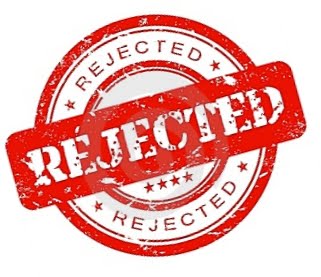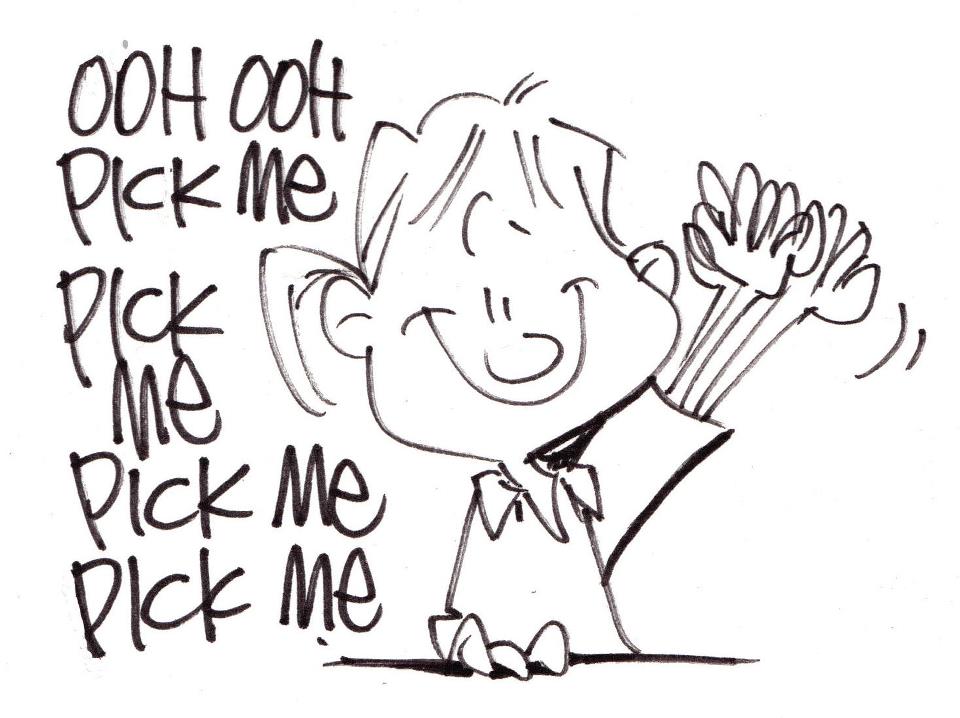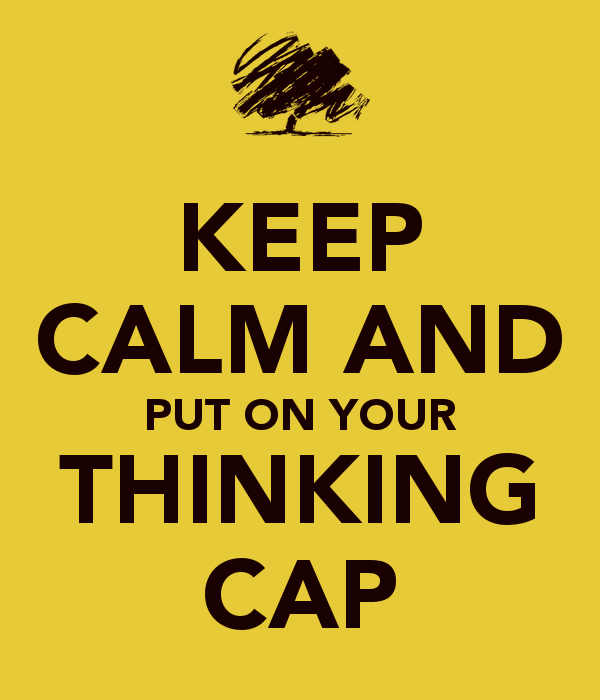I just finished reading more than 100 cover letters–those of the applicants for a professional position. The experience left me with the feeling that almost no one knows how to write a standout cover letter; and I’m here to help change that.
Why Cover Letters are So Important
Let’s take a brief look at what you’re dealing with in the world of job applications.
Most applications today are submitted online; a full 80% of Fortune 500 companies accept only online applications, as do many other medium and large businesses.
For many applicants, the ease of applying online leads to candidates who apply to jobs for which they have virtually no qualifications. Many of the larger firms use  recruiting software to simply scan resumes for keywords, and in doing so, reject 75% of resumes without a human eyeball ever viewing them. Moral of this story: don’t waste your time (or the recruiter’s) applying for jobs where you know you’re not qualified.
recruiting software to simply scan resumes for keywords, and in doing so, reject 75% of resumes without a human eyeball ever viewing them. Moral of this story: don’t waste your time (or the recruiter’s) applying for jobs where you know you’re not qualified.
The remaining 25% of resumes may wind up looking very similar to yours in terms of education, skills and experience. This is where the cover letter can be a defining piece of information.
Cover letters tell a recruiter the following things:
- How well you can write
- What your attention to detail is like (typos = automatic rejection in many cases)
- How well you read the job description
- How much research you have done on the company
- How badly you want the job
In addition, a GREAT cover letter will show a recruiter:
- How you would be a great fit for the position
- What you can do for the company, based on what the job description seeks
- Direct links to your LinkedIn and other social profiles
- How well you can sell yourself
A Bad Cover Letter is Easy to Write
A bad (and typical) cover letter goes something like this:
Dear Potential Employer:
I am applying for the Junior Account Manager position I found on careerbuilder.com. I’m looking for an opportunity that will allow me to use all my skills. I’m a high energy person who enjoys working with people and I have excellent communication skills.
As you will see from my resume, I graduated from Montana State with a degree in business, concentration in marketing in 2013.
I am currently working at X company where I do A, B and C. Prior to that, I was at Y company, where I did D, E and F. (and so on)
If you would like to speak with me, please contact me at the above phone number.
Sincerely,
Candidate
While this may be a bit extreme, it highlights the biggest problems with the typical cover letter.
In a nutshell, those problems are:
1. It’s generic. Starting with the greeting (Dear Potential Employer), you get the feeling that this cover letter could be used for any application. From there it goes on to share basic facts that can be seen with a quick look at the resume. If the employer gets to the cover letter portion of the process, assume they have already seen your resume and don’t need a recitation of your skills, experience and education, especially if they are not specifically related to the job for which you are applying.
It’s nice to get a better picture of what a candidate has done at a previous employer, but if you choose to share these details in your precious cover letter real estate (unless you’re applying for a PhD level research position), make it one page. Also make sure that you a) share how the details relate to the job being applied for; b) aren’t just reciting tasks or duties (shoot for accomplishments) and c) quantify what you did.
For example: In the job description for the Communications Manager position, you mention you are looking for someone who has experience with process improvement. While I was employed with Agency X, I developed a new procedure for handling internal communications requests that increased my department’s on-time delivery of projects by 35%. This is just one example of experiences that will enable me to help improve processes and drive results for your Communications Department, if I am selected for the position.
What this kind of paragraph does for you in a cover letter is show that you have read and understand the job description, that you have related experience, and how you can apply it to the position for which you are applying. Since you mention it is just one example of a variety of experiences, this leaves open the door for further discussion on this topic at an interview. Make sure you are ready to answer the question about those other experiences when it comes up.
You do not have to relate everything in the job description to what you have done in the past; just a couple of examples will do.
Make sure you are not exaggerating your role in the examples that you relate. This is often done by applicants to get their foot in the door for an interview, but does not make a good impression on the interviewer when they find out that what you referred to as ‘developed a new procedure’ was actually ‘worked on a team that recommended a new procedure.’ Always be specific and accurate about what your role was.

You may feel like this, but don’t let your cover letter be all about you.
2. It’s all about YOU. Do you see one instance of ‘this is what I can do for you’ in this example of a typical cover letter? No, because it’s information that candidates leave out of cover letters 90% of the time. While you’re using your cover letter to sell yourself, you need to sell yourself into this new organization. So it’s not as important to say what you have done, but how you can relate that work to what the needs of the new position are.
Most employers see ‘fit’ as a big piece of what they are looking for in candidates. If you’re only telling how you fit into a previous organization, it’s hard to recognize how you might fit into the new organization – which may be a completely different situation.
3. There’s no enthusiasm. Nowhere in the example of the typical cover letter do you see the candidate express enthusiasm for the open position. The letter makes the job applicant sound boring and bored with the job search process. Show sincere enthusiasm for the job, the company, and the opportunity. If you can’t muster enthusiasm for those three things in your cover letter, maybe you shouldn’t be applying.
A Great Cover Letter is Harder (But Not Impossible) to Write
Why is it harder to write?
Because you need to put some serious thought into it. You won’t get far sending out generic cover letters. You need to think about whether or not the job description of any position you are applying for is really applicable to your skills, education and experience. In addition, is this a company you really want to work for? Is the position a lateral move or a step up (or back)–and how can you justify the move in a cover letter or interview?
If the position is in a distant location, are you actually willing to relocate for it, if offered? Asking yourself these questions, and others specific to your situation, will help you decide if applying for the position is worth the effort. If it is, your cover letter has the chance to become both more reflective of your value and easier to write.
You need to do some research. Recruiters who read your cover letter are looking for evidence of research. Depending on what kind of change you’re making, you may need to research the industry, company, department, and position. This doesn’t mean looking at the homepage of a company’s website. Make yourself familiar with the company’s products and services, what their place is within the industry, and what they’ve been in the news for recently. Utilize LinkedIn company pages and other online resources to help.
You need to use your network. Reach out to some connections that can help you get a feel for the culture of the organization, and insight into the open position.
LinkedIn is a great place to make these connections. Hopefully you have been building your connections on LinkedIn so that you have at least a second degree connection at the target company, and someone who can introduce you. If you do, request a 5-minute phone conversation where you can ask some targeted questions, questions that you can’t easily find the answer to on the company website or through a quick Google search. This will make a good impression on the person inside the company, and hopefully give you some insight into what to expect in an interview. The conversation may also let you know whether or not the position you want to apply for is truly a good fit for you.
Whenever you write a cover letter, be human, be likeable, tell a story, and do your homework. Show the employer the letter was not written by a robot and you will be head and shoulders above 90% of your peer candidates!
For further reading on what makes a great cover letter, see here and here.
Have some tips to share on writing a great cover letter or an example of one you wrote that helped get you an interview? Please share in the comments!
